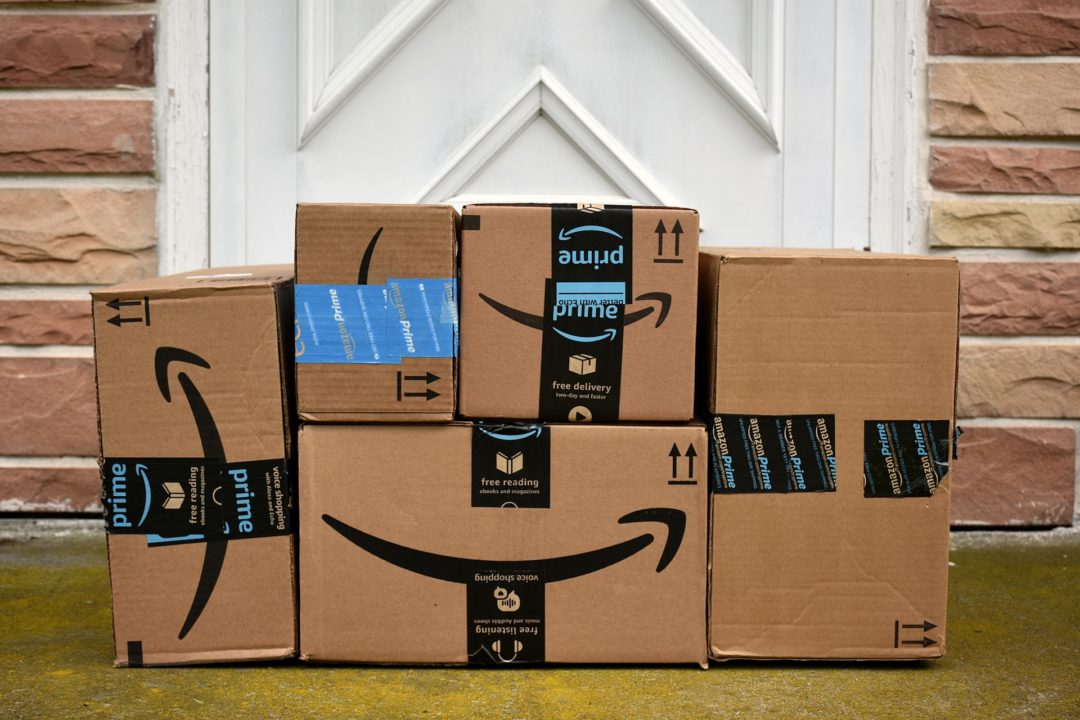
Amazon Hits Over 100 Million Prime Members

For context, the U.S. has about 126 million households, notes Retail Insights president and founder Jay Jacobowitz, "which leads us to believe that at least half of Prime members reside outside the U.S." The e-commerce giant, historically vague about Prime figures perFortune, says it added more members last year than ever before. The program is a strong indicator of customer retention; its overseas growth demonstrates that Amazon can replicate U.S. success globally, notes Bloomberg.
Launched 13 years ago, Amazon Prime is the company’s monthly or annual membership program, costing $99 a year or $12.99 a month in the U.S., with similar membership prices in 15 other countries. Membership includes perks such as free and discounted shipping, music and video streaming, and free e-books. Members in the U.S. now receive unlimited free two-day shipping on over 100 million different items. The company expanded Prime to Mexico, Singapore, the Netherlands, and Luxembourg, and introduced Business Prime Shipping in the U.S. and Germany.
According to the letter, Amazon shipped more than 5 billion items through Prime in 2017. More than half of the items sold through Amazon now come from third-party sellers.
Amazon also plans to fold Whole Foods’ loyalty program into the service, according toMarketWatch.The national grocer sent an email to members stating that the loyalty program will end, and all online accounts will be closed, on May 2.
“Stay tuned for additional announcements for Amazon Prime members,” reads the Whole Foods FAQ page focused on digital coupons, rewards and online accounts. “Any account benefits, including membership and/or unused rewards, will not roll into any future programs.”
This is a likely move given the timeline of Amazon's strategic moves with Whole Foods Markets sinceacquiringit last year. As Bezos states in his letter, "When we closed our acquisition of Whole Foods Market last year, we announced our commitment to making high-quality, natural and organic food available for everyone, then immediately lowered prices on a selection of best-selling grocery staples, including avocados, organic brown eggs, and responsibly-farmed salmon. We followed this with a second round of price reductions in November, and our Prime member exclusive promotion broke Whole Foods’ all-time record for turkeys sold during the Thanksgiving season. In February, we introduced free two-hour delivery on orders over $35 for Prime members in select cities, followed by additional cities in March and April, and plan continued expansion across the U.S. throughout this year. We also expanded the benefits of the Amazon Prime Rewards Visa Card, enabling Prime members to get 5% back when shopping at Whole Foods Market. Beyond that, customers can purchase Whole Foods’ private label products like 365 Everyday Value on Amazon, purchase Echo and other Amazon devices in over a hundred Whole Foods stores, and pick-up or return Amazon packages at Amazon Lockers in hundreds of Whole Foods stores. We’ve also begun the technical work needed to recognize Prime members at the point of sale and look forward to offering more Prime benefits to Whole Foods shoppers once that work is completed."
Consolidating the Whole Foods loyalty program into Amazon Prime makes total sense, says Jacobowitz, "with customer cross pollination both ways, Prime to Whole Foods and vice versa." He also notes the popularity of the Amazon Visa credit card. "The extra 5% Foods shoppers get off their purchases when they use the Amazon Visa credit card is a huge incentive that will create stickiness, similar to the types of shopping incentives Costco uses with its credit card."

The editorial team at WholeFoods Magazine has decades of experiences reporting on natural products industry news, trends, and more. This national, monthly business-to-business magazine has been published continuously for nearly 40 years (the magazine was founded in 1977, and has been owned by Wainer Finest Communications since 1984). It is the longest-tenured media outlet of its kind in the natural products industry. The editorial focus at WholeFoods Magazine is, and always has been, on informing and educating members of the natural products industry.
The Magazine
Information
About Us
NOTE: WholeFoods Magazine is a business-to-business publication. Information on this site should not be considered medical advice or a way to diagnose or treat any disease or illness. Always seek the advice of a medical professional before making lifestyle changes, including taking a dietary supplement. The opinions expressed by contributors and experts quoted in articles are not necessarily those of the publisher or editors of WholeFoods.







